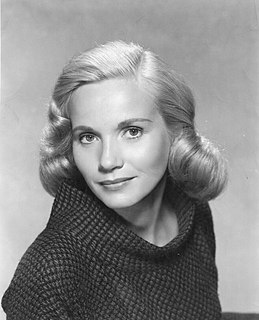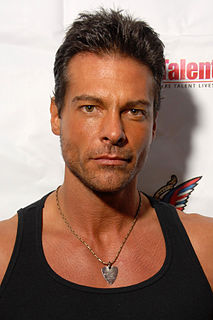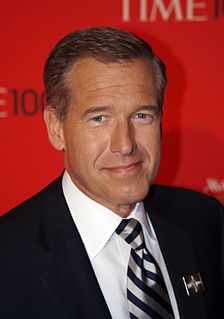A Quote by Terry Gilliam
People in Hollywood are not showmen, they're maintenance men, pandering to what they think their audiences want.
Related Quotes
Hollywood is a showman's paradise. But showmen make nothing; they exploit what someone else has made. The publisher and the play producer are showmen too; but they exploit what is already made. The showmen of Hollywood control the making - and thereby degrade it. For the basic art of motion pictures is the screenplay; it is fundamental, without it there is nothing. Everything derives from the screenplay, and most of that which derives is an applied skill which, however adept, is artistically not in the same class with the creation of a screenplay.
Of course.” She fluffed her hair. “I don’t want to brag, but I’m very high maintenance.” “Uh, I think low maintenance is what’s desirable.” “Low maintenance is what’s forgettable. You might want to write that down, underline it, circle it and put a star by it. It’s golden.” With barely a breath, she added, “Now let’s find out if we’re compatible, shall we?
I know, that trends and all of those things and formulae that calculate what audiences want to see and what audiences don't want to see and various other demographic demarcations are the eccentric and ludicrous prerogative of Hollywood studios. But out there in the real world - by which I mean the rest of the world where we make truthful organic films, independent films unimpeded by interference - it's not about all those sort of calculating what is commercial. It's about wanting to say things and saying them in a way that will get through to people.
There are some audiences who are uncomfortable with the ambiguity, though. They want a film to chew their food for them, they want Hollywood endings that tie everything together in the end and answer all of the questions. They are usually people on one extreme of the political spectrum or other and they haven't been happy because the film is not polemical enough on their side. They aren't usually people who aren't interested in understanding points of view that they disagree with - they just want to attack their opponents - and I'm ok with them not liking the film.






































